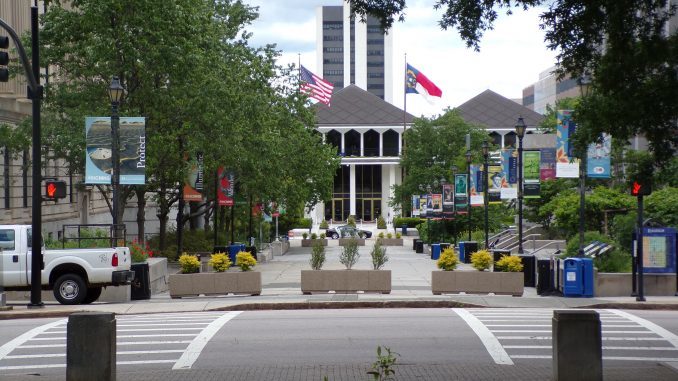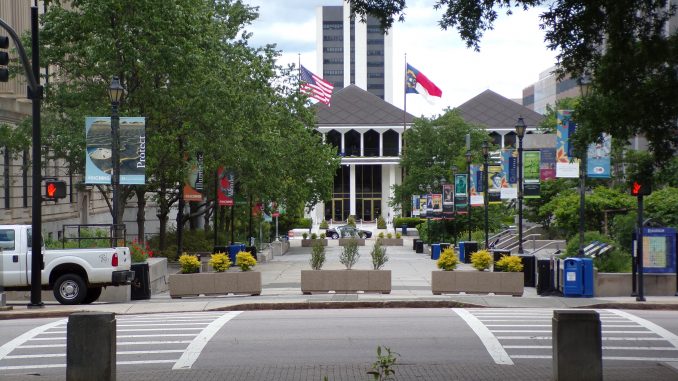

RALEIGH — North Carolina revenue collections fell dramatically in April, the state’s chief bookkeeper says, as tax filing deadlines were delayed and commercial transactions slowed due to the COVID-19 outbreak.
The State Controller’s Office reported this week that overall revenues for the month totaled $2.67 billion, which is one-third less than what was collected in April 2019. April is usually a big collection month for individual and corporate income taxes, but April 15 deadlines were pushed to July 15, after the new fiscal year begins.
The revenue decrease means North Carolina has collected $731 million less during the first 10 months of the fiscal year compared to the same period a year ago, according to the controller’s report.
The April drop also turned upside down the state revenue picture when compared to what state government economists had forecast months ago would enter the coffers this fiscal year. Collections that had been $185 million above the revenue predictions through March are now about $1 billion below the forecast.
These reductions compound challenges that legislative budget-writers and Gov. Roy Cooper face in operating state government during the outbreak. The legislature’s top economist wrote in late March that overall revenue could fall $1.5 billion to $2.5 billion below forecasts through June 2021 due to the downturn. House Speaker Tim Moore suggested last week the revenue shortfall could reach $4 billion.
North Carolina government does have at least $3.6 billion in reserves and other cash at their disposal to close any gaps.
The General Assembly approved last weekend a COVID-19 package that distributed almost half of the $3.5 billion it received from Congress from a coronavirus relief law. Legislative leaders, particularly Senate leader Phil Berger, wanted to hold back some federal funds in the hope they could be used to fill budget shortfalls if Washington allows.



